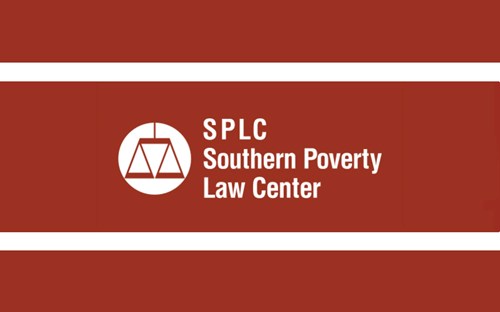When fairness is in play there’s no need to create terms like debank. Sadly, equitable treatment of clients is not in place for all financial institutions.
Alliance Defending Freedom attorney Jeremy Tedesco appeared by the House Select Subcomittee on Weaponization in the spring.
He explained debanking with the painful example of his client, the National Committee for Religious Freedom.
NCRF opened an account with JPMorgan Chase. Within weeks Chase shut down the account without notification.
The bank offered no clarity until finally telling NCRF its account could be reopened, perhaps, if the group provided the bank a list of its contributors and divulged its guidelines for how it chooses political candidates to support.

“We’re seeing a distinct rise in viewpoint-based debanking decisions, especially by some of the largest banks in the country,” Tedesco told the committee.
The SPLC has high contempt for most conservative groups, Alliance Defending Freedom (ADF), among them.
Opinion is one thing, facts are another. SPLC is off the mark in labeling debanking as a conspiratorial claim.
"Alliance Defending Freedom (ADF) is engaged in an ongoing crusade to force private businesses to adhere to conservative Christian theology, in part by spreading the false narrative that private sector banks have been dropping conservative religious clients since the Obama administration," wrote SPLC. "The conspiratorial claim, which ADF calls ‘debanking,’ has arisen out of an ongoing effort from ADF to ban or disrupt private sector investments in diversity, equity and inclusion (DEI) and environmental sustainability."
Responding to this on the Family Research Council's "Washington Watch" program recently, Tedesco said "this is like responding to Clown World."
While attempting to debunk debanking on one hand, SPLC is a big supporter of debanking on the other.
"The one hand doesn't know what the other hand is doing over at SPLC headquarters, because they are one of the biggest proponents of urging financial institutions to debank people they disagree with, namely Alliance Defending Freedom (ADF) where I work, Family Research Council and several other Christian mainstream ministries that they disagree with and they are actively urging financial institutions to debank us yet they come out with an article saying that we're making the whole thing up,” Tedesco said.
SPLC lives in its own world
He called it laughable.
"They really have become very much Clown World over there," he continued. "It's hard to take them seriously but we respond like this because, look, debanking is a serious issue. It is happening, and it's impacting Christian ministries."
Another example offered by Tedesco includes Bank of America giving Indigenous Advance Ministries the boot.
"The banks never say, 'Oh, yeah, you got us, we debanked you because we disagree with your religion or your politics,' but the thing is these debankings of religious and conservative groups are on the rise," said Tedesco. "It's something we're paying attention to at Alliance Defending Freedom."







